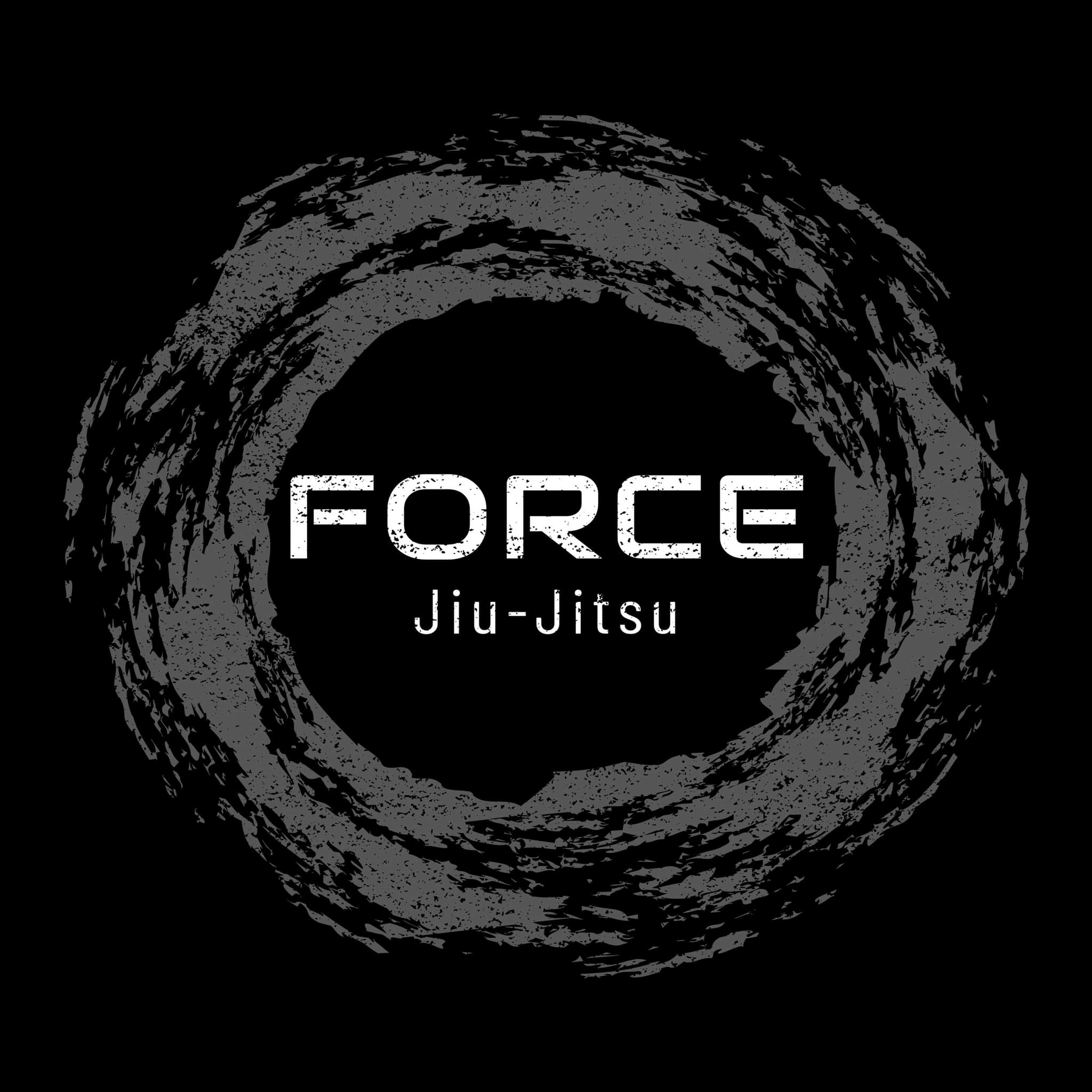Nutrition For Jiu-Jitsu
- Wyatt Montgomery

- May 16, 2023
- 3 min read

WHAT TO EAT BEFORE & AFTER Jiu-Jitsu TRAINING
Although consistent training to be able to excel in Jiu-Jitsu is very important, the energy that your body needs to fuel itself through those rigorous trainings is just as relevant. The meals you eat on a daily basis will ultimately shape your mood, efficiency, and intensity on the mats. Feeling bloated, or burning out halfway through the lesson will hinder your focus, and performance.
The important thing to remember is that you want to get the most out of every BJJ training session, and keep your focus on learning, not on your stomach. There is a specific variety of foods that a Jiu-Jitsu athletes should be eating before and after a workout. It’s really pretty simple: You need to select food that gives you energy, won’t weigh your body down, and will power you through your workout and entire BJJ class. Many times, students will be feeling great during the practice for the first half, and then just hit a wall. They feel that their grip’s gone, or they’re just fatigued and feeling like they can’t finish class. There are probably a lot of factors that play into those feelings, but, diet is usually a huge component. Think of it as putting fuel into a car. A car can’t run on an empty tank. Similarly, your body certainly can’t run on little to no nutrition.
Putting The Proper Fuel In Your Own Engine
You should be aiming a decent sized meal four hours before practice, although two to three hours before is also OK. That gives your body the necessary time it needs to digest the food properly, and avoid feeling queasy on the mat. Following this logic, you don’t want to be eating a huge breakfast before class, or a heavy greasy lunch before an afternoon session, either. The key is to be light, clean meals before practice.
The Focus Should Also Be On Eating Lots Of Protein
For breakfast that could mean eggs, or eggs whites, avocados, oats, or some light yogurt. Peanut butter on sliced apples, or toast, is also a healthy breakfast option or even a good mid-day snack. Eating bananas should be a staple in the life of every Jiu-Jitsu student, since the potassium and magnesium in the fruit helps protect from muscle cramps. Bananas are easily digestible and won’t weigh you down during practice. Besides being packed with protein, nuts also contain a ton of calcium, fiber, and even Vitamin E (almonds). There is a very versatile range of nutrients in nuts, so you can get creative and mix and match the ones you want to create a mix you actually like. Almonds, pistachios, hazelnuts, and pecans are all considered nutritional powerhouses.
If your training is in the late afternoon, or towards nighttime, then you must strategically plan out your meal plan to work around your practice. You don’t want to go through the day eating too much sugar, or a lot of junk food. Ideally, you should aim for a good breakfast, lunch, and a pre workout snack. Don’t overload your stomach, but still have enough food in your system. For instance, if BJJ class starts at 7pm, you can eat lunch at 12:30/1pm, and then shoot for a snack around 5pm. Take your pre-workout, or coffee on the way to practice.
After a good workout and practice, at a time when you might be exhausted, you have to focus on putting the proper fuel back in your body, so you can recover from that workout and get yourself ready for the next day. Surf or turf after a workout? After class dinner options can include lean protein like skinless chicken or turkey. Adding vegetables as a side dish is incredibly healthy and should be essential for a BJJ practitioner. Broccoli, green beans, asparagus, spinach, among the many other vegetables, are very rich in vitamins and minerals to help you feel healthy and energized.

Comments